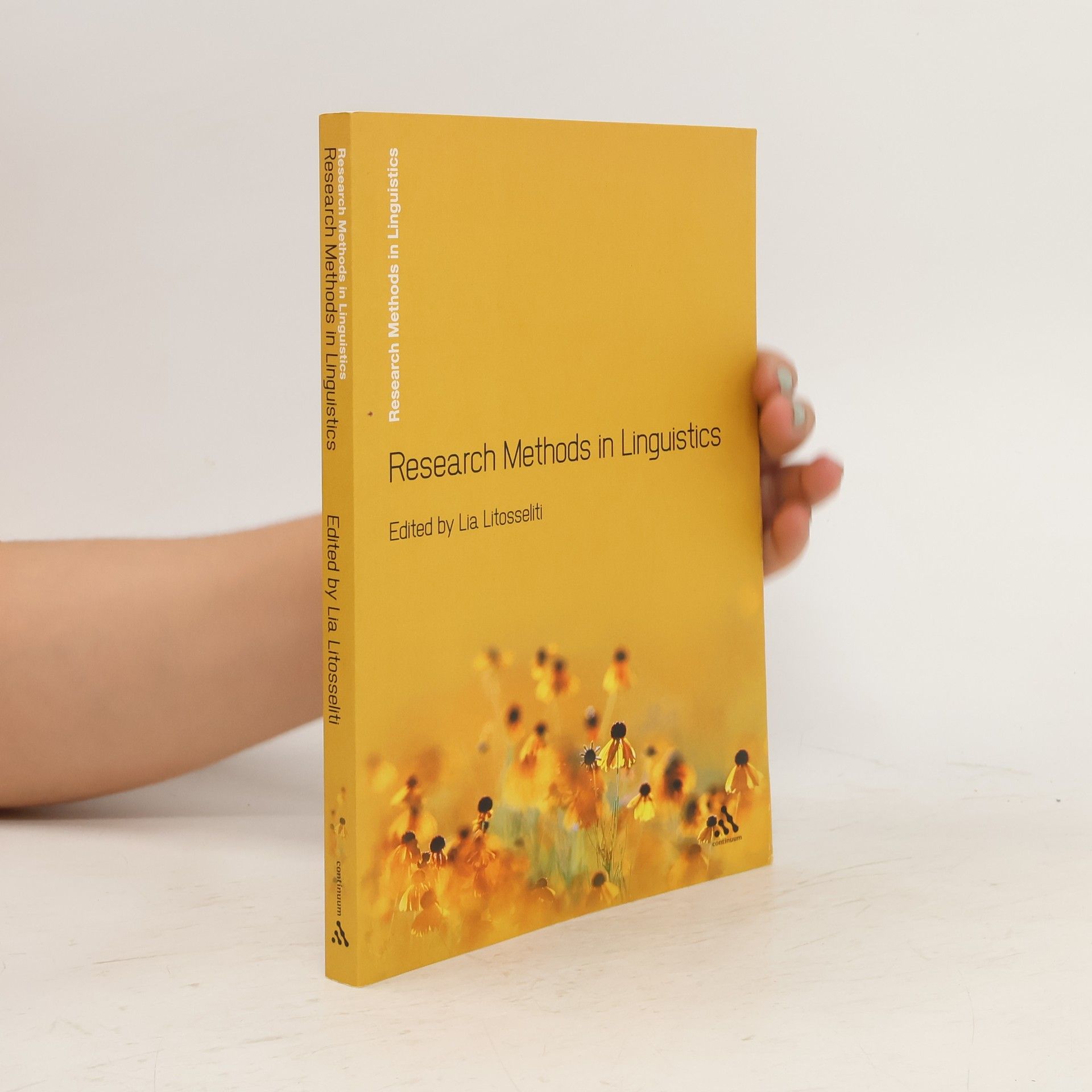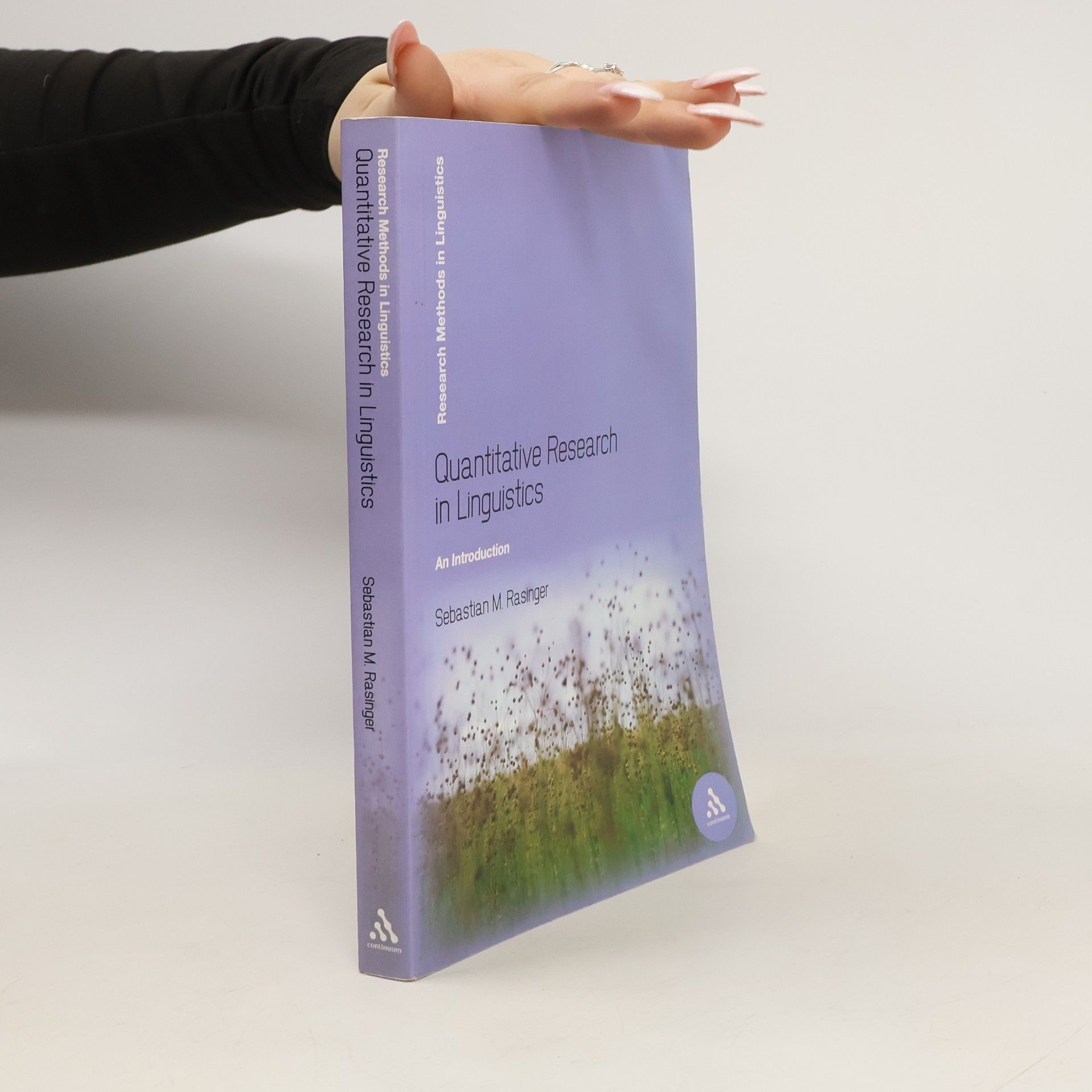Research Methods in Linguistics
- 376bladzijden
- 14 uur lezen
"How do you approach research for the first time? What method is best for you? Covering topics such as developing research questions, corpus analysis and quantitative, qualitative and combined methods and designs, this book guides you through all the main issues, techniques and approaches to developing your research. Expanded throughout, this second edition features: - New chapters on ethics and transcription - Case studies in linguistic research - Further reading, online resources and a glossary of key terms Providing clear introductions to key concepts and discussions, this book takes you step-by-step through topics like how to conduct your own focus groups and interviews, how to build case studies and how to make sense of your data. Guiding you towards the research methods most appropriate to your work, and explaining them in detail, this is the only book you need in linguistic research methods"


